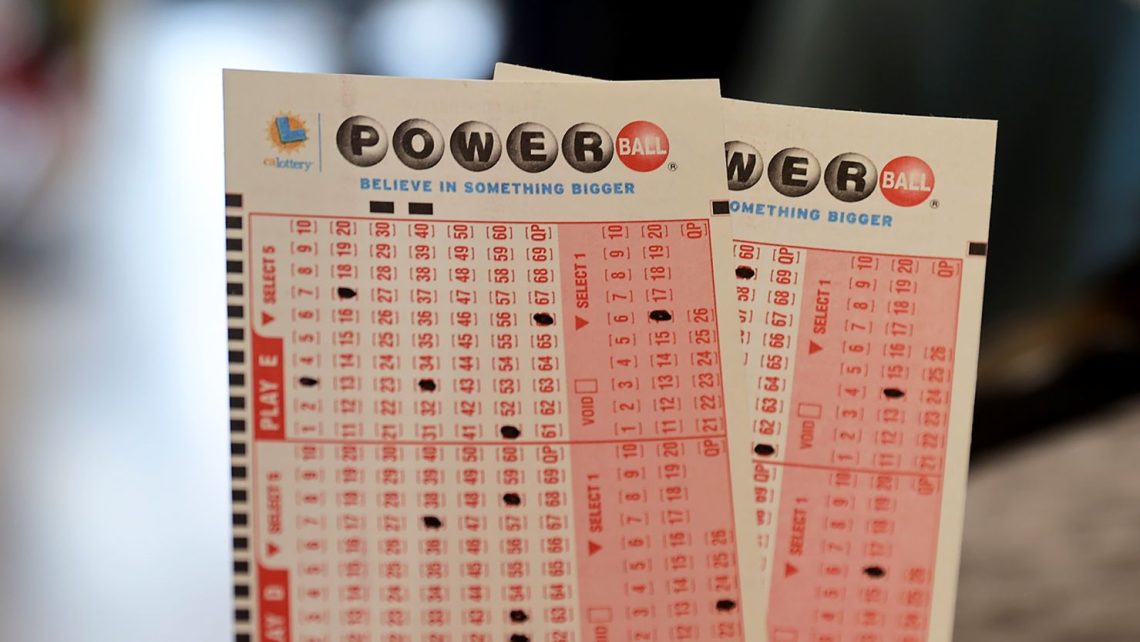Lotteries have captured the imagination of people for centuries, offering a tantalizing glimpse at the possibility of striking it rich with the purchase of a simple ticket. From ancient China to modern-day America, lotteries have played a significant role in the fabric of societies worldwide, offering hope and occasionally changing lives overnight. Let’s delve into the fascinating world of the colatogel, exploring its history, impact, and the allure that continues to captivate millions around the globe.
A Brief History of Lotteries
Lotteries can trace their roots back to ancient times. The earliest recorded lottery-like activities date back to the Chinese Han Dynasty between 205 and 187 BC. These lotteries were used to finance major government projects, including the building of the Great Wall of China.
In Europe, lotteries gained popularity during the 15th century. Queen Elizabeth I of England famously established the first English state lottery in 1569. Throughout the 17th and 18th centuries, lotteries were used as a means of raising funds for public projects and institutions, including universities and hospitals.
In the United States, lotteries have a complex history. They were used to finance early American colonies, including the settlement of Jamestown. However, moral opposition to gambling led to the prohibition of lotteries in many states in the early 20th century. It wasn’t until the late 20th century that states began to reintroduce lotteries, starting with New Hampshire in 1964.
How Lotteries Work
Lotteries operate on a simple premise: participants purchase tickets that feature a series of numbers. A random drawing selects winning numbers, and ticket holders who match these numbers win prizes. The odds of winning vary depending on the lottery and the number of participants, with some offering astronomical odds but life-changing prizes.
Modern lotteries often include a variety of games beyond the traditional drawing of numbers. These can include scratch-off tickets, where players instantly see if they’ve won a prize, and online games that allow participants to play from the comfort of their homes.
The Impact of Lotteries
Lotteries have a significant economic impact on the communities they serve. In many states and countries, lottery revenue is earmarked for education, environmental conservation, and other public services. For example, in the United States, lottery proceeds often support educational initiatives from kindergarten through higher education.
However, lotteries also face criticism. Some argue that they disproportionately affect low-income individuals, who may spend a larger percentage of their income on lottery tickets. Others question whether lottery revenue effectively supplements state funding for public services or simply replaces existing funds.
The Allure of the Lottery
What continues to draw people to lotteries worldwide? Part of the allure lies in the dream of financial freedom and the ability to achieve a better life with a single ticket. Lotteries are a source of hope for many, offering a chance to change their circumstances and provide for their families in ways they never thought possible.
The phenomenon of lottery fever often sweeps through communities when jackpots grow to extraordinary amounts. Lines form at convenience stores, and media coverage intensifies, creating a cultural moment that captivates the public’s attention.





